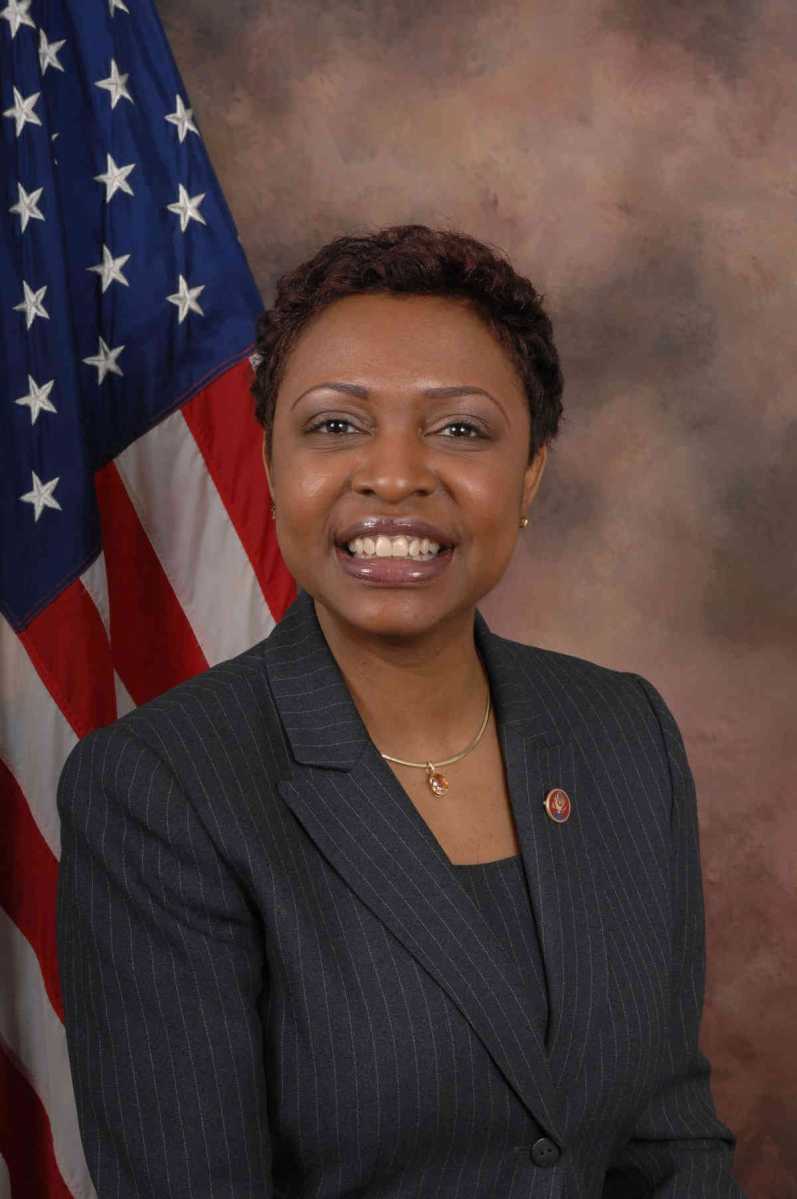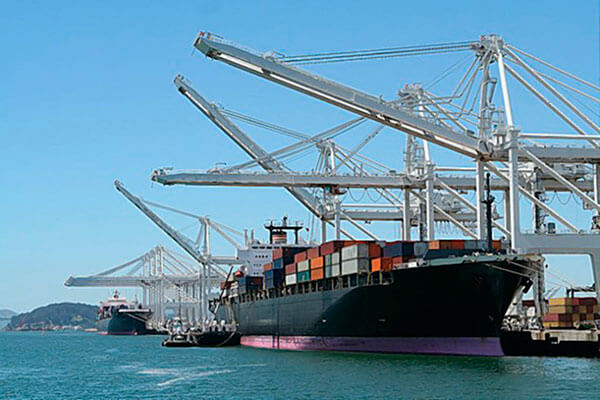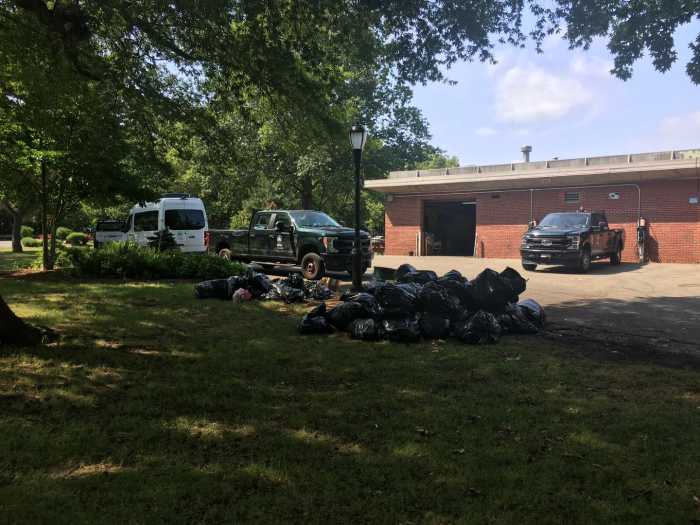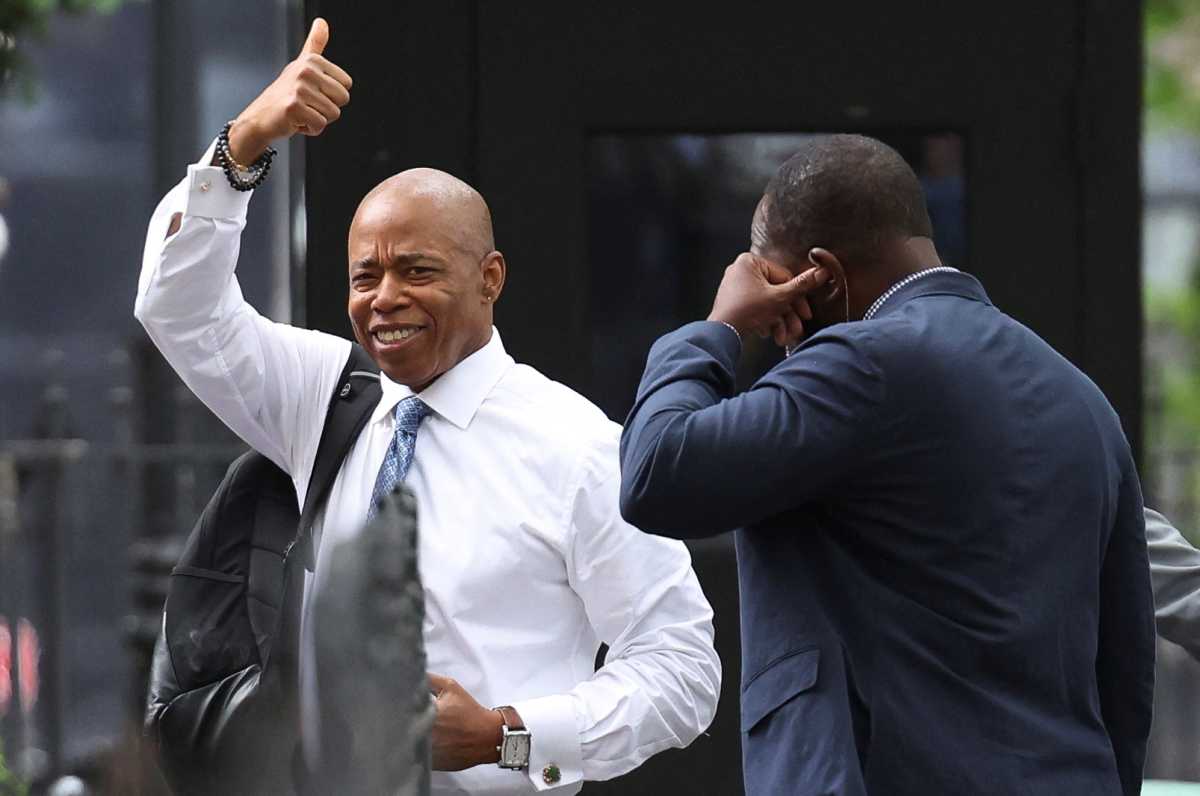Members of the Congressional Tri-Caucus — which includes the Congressional Hispanic Caucus (CHC), Congressional Black Caucus (CBC) and Congressional Asian Pacific American Caucus (CAPAC) — have filed amicus briefs opposing the Trump administration’s public charge rule aimed at legal Caribbean and other immigrants who wish to remain in the US but whose dearth of financial resources are deemed likely to make them a burden on US taxpayers.
Amicus briefs are legal documents filed in appellate court cases by non-litigants with a strong interest in the subject matter.
The briefs advise the court of relevant, additional information or arguments that the court might wish to consider. A well-written amicus brief can have a significant impact on judicial decision-making.
The briefs were filed last Thursday for the cases La Clínica de la Raza et al. v. Trump et al. (Northern District of California); State of California et al. v. Department of Homeland Security et al. (Northern District of California); State of New York et al. v. Department of Homeland Security et al. (Southern District of New York); and Make the Road New York et al. v. Cuccinelli et al. (Southern District of New York).
The amicus briefs argue that the public charge rule was “written with discriminatory intent against non-white, non-European immigrants and violates both the Equal Protection Clause and the Administrative Procedure Act.”
The brief cites as evidence statements by President Donald J. Trump and high-ranking officials in his administration and data showing the “disproportionately harmful impact” on Latino, Asian Pacific Islander and Black immigrants, including Caribbean nationals, the public charge rule would have, if it goes into effect.
The public charge rule would expand the definition of who is considered a “public charge” and consequently make it more difficult for Caribbean and other immigrants to come to the United States or receive green cards if they are likely to use benefits they are legally entitled to, such as Medicaid, housing assistance and nutrition assistance.
The rule will go into effect on Oct. 15, 2019, unless a preliminary injunction is granted.
The amicus briefs were led by Tri-Caucus leaders, including CAPAC Chair, Judy Chu, CHC Whip, Adriano Espaillat; CBC Immigration Task Force Chair, Yvette D. Clarke, the daughter of Jamaican immigrants; CHC Chair, Joaquin Castro; CBC Chair, Karen Bass; CAPAC Immigration Task Force Chair, Pramila Jayapal; and CAPAC Healthcare Task Force Chair, Barbara Lee.
“The Tri-Caucus believes the Trump Administration’s public charge rule was written with the clear intent of intimidating and discriminating against immigrants of color,” said the Tri-Caucus leaders in a joint statement.
“The rule is yet another attempt by the Trump Administration to create an immigration system that is stacked against non-European, non-white immigrants in favor of the wealthy,” they added. “If this rule goes into effect, its impact on communities of color will be staggering.”
Under the rule, immigrants who utilize benefit programs they are legally entitled to or who fail to meet specific income thresholds would have negative factors applied to their applications for admission or requests for changes to their immigration status or classification.
The Tri-Caucus leaders said that within the Latino community, 33 percent of all Latinos in the United States would be negatively impacted, and 81 percent of immigrants from Mexico and Central American would have at least one “negative facto” applied to their application.
Within the AAPI community, the Tri-Caucus leaders said 41 percent of immigrants from Asian countries who are currently recent lawful permanent resident would now have two or more “negative factors” applied to their applications under the rule.
Within the Black community, including the Caribbean community, Black immigrants who face employment and wage discrimination “would be disproportionally at risk for having ‘negative factors’ applied to their applications,” the Tri-Caucus leaders said.
“As a result, we have already heard heartbreaking stories of immigrant families disenrolling from critical programs their families need due to fears of jeopardizing their future in America,” they said.
“The public charge rule embodies the Trump Administration’s blatant and consistent disregard for our nation’s historical commitment to an immigration system that values diversity and the contributions of immigrants from all walks of life,” they added. “The Tri-Caucus will continue to speak out against this cruelty and fight both through legislation and in the courts to ensure this rule is never implemented.”
Clarke, who represents the 9th Congressional District in Brooklyn, told Caribbean Life that “the public charge rule means law-abiding immigrants will be put in an impossible position, having to forfeit health care, nutrition and housing programs in order to get a green card or receive other lawful status.
“Every single one of us has needed help from somebody else at some point in our lives, and this administration has lost sight of this fact with this compassionless public charge rule publication,” she said. “This rule is a way our administration has yet again bullied immigrants who will now be afraid to seek out essential services to which they are lawfully entitled.
“Where our ‘leader’s’ heart is supposed to be, is instead filled with hatred, bigotry and xenophobia,” Clarke added. “Trump’s lackeys have followed his savage direction with such a cold disregard for Brown and Black people.”
The congresswoman said the new rule focuses on hundreds of thousands of Caribbean and other immigrants who enter the US legally annually, then apply to become permanent residents.
But, effective in October, she said Trump’s public charge rule will focus on what it characterized as a wealth test in determining if those immigrants have the resources to support themselves.
They would, therefore, be denied a green card if immigration officials find that they are likely to benefit for government entitlement programs, such as food stamps and subsidized housing.
On the other hand, immigrants with more resources and less likely to depend on the system will be issued a green card or permanent resident status.
In making the announcement last month, the United States Citizenship and Immigration Services (USCIS) said that the final rule amends the Department of Homeland Security (DHS) regulations by prescribing how DHS will determine whether an immigrant, referred to “an alien”, is inadmissible to the United States based on his or her likelihood of becoming a public charge at any time in the future, as set forth in the Immigration and Nationality Act.
USCIS said the final rule addresses its authority to permit an immigrant to submit a public charge bond in the context of adjustment of status applications.
The rule also makes nonimmigrant immigrants who have received certain public benefits above a specific threshold generally ineligible for extension of stay and change of status.
“For over a century, the public charge ground of inadmissibility has been part of our nation’s immigration laws. President Trump has delivered on his promise to the American people to enforce long-standing immigration law by defining the public charge inadmissibility ground that has been on the books for years,” said USCIS Acting Director Ken Cuccinelli.
“Throughout our history, self-sufficiency has been a core tenet of the American dream,” he added. “Self-reliance, industriousness and perseverance laid the foundation of our nation and have defined generations of hardworking immigrants seeking opportunity in the United States ever since. Through the enforcement of the public charge inadmissibility law, we will promote these long-standing ideals and immigrant success.”























